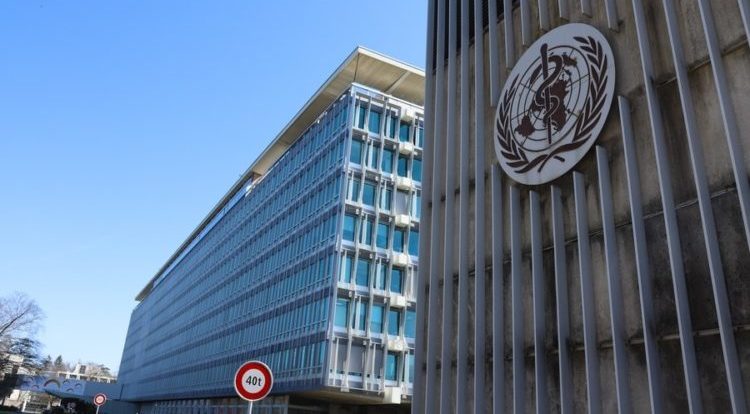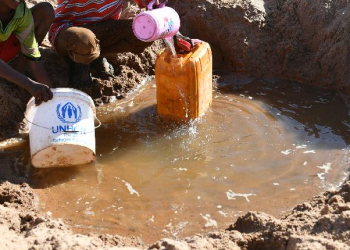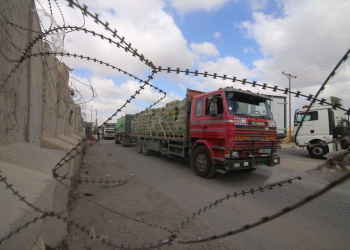New Delhi: Monkeypox virus that has been identified in more than 50 countries with over 3,000 cases since the early May, is an “evolving threat” but does not currently present a global health emergency, said the World Health Organization (WHO).
Calling the monkeypox virus “unusual and concerning”, the global health body last week planned to convene an emergency meeting, which weighed whether or not to activate the WHO’s highest alert level in response to the outbreak, called a public health emergency of international concern (PHEIC).
The International Health Regulations (2005) Emergency Committee resolved by consensus that at this stage the outbreak should be determined to not constitute a PHEIC.
The highest level of warning by the UN health agency currently applies only to the Covid-19 pandemic and polio.
“Overall, in the report, they (IHR Committee) advised me that at this moment the event does not constitute a Public Health Emergency of International Concern, which is the highest level of alert WHO can issue,” WHO Director-General Tedros Adhanom Ghebreyesus said in a statement.
He added the cases are, however, “clearly an evolving health threat” that the WHO is following “extremely closely”.
Ghebreyesus also urged for “collective attention and coordinated action now to stop the further spread of Monkeypox virus using public health measures including surveillance, contact-tracing, isolation and care of patients, and ensuring health tools like vaccines and treatments are available to at-risk populations and shared fairly”.
Further, he noted the outbreak raises serious concern because it is spreading rapidly in countries where the virus is not normally found.
For decades, monkeypox was spreading at low levels in remote parts of West and Central Africa. The WHO director said research on the circulation of monkeypox in Africa has been neglected, which has put the health of people there and around the world at risk.
The current outbreak, spread to non-endemic countries, with about 84 per cent of cases reported in Europe is very unusual.
“What makes the current outbreak especially concerning is the rapid, continuing spread into new countries and regions and the risk of further, sustained transmission into vulnerable populations including people that are immunocompromised, pregnant women and children,” Ghebreyesus said.
The majority of the current confirmed cases of monkeypox are male and most of these cases occur among of gay, bisexual and other men who have sex with men in urban areas and are clustered social and sexual networks.
There have been few hospitalizations to date, and one death in an immunocompromised individual was reported, the WHO said.
(IANS)





















